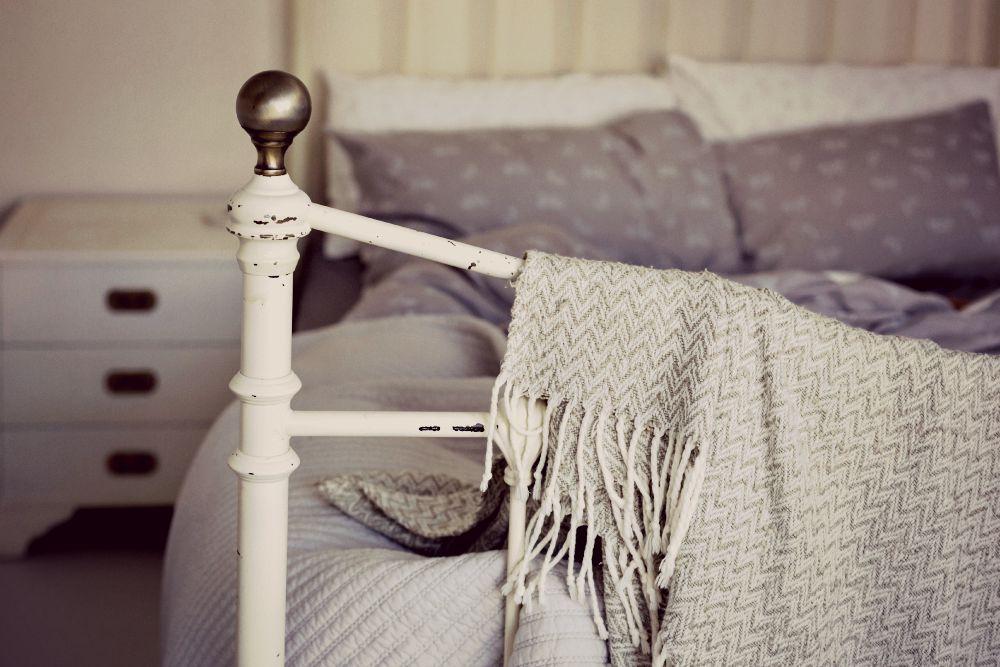Quality pillow time – blissful, uninterrupted and long enough – is vital for all of us. For teens and tweens, their brains are growing like never before and sleep is critical to power this process along. They all have it in them to set the world on fire, and they’ll find their own way to do that, but for that to happen, they need sleep. And plenty of it. So what are most of them doing before they fall asleep that’s getting in the way?
Recent research from Brown University has found that the light from phones or tablets could be disrupting teens’ sleep by suppressing a key hormone that controls the timing of sleep.
Light exposure can delay the time that anyone falls asleep, but teens and tweens are particularly vulnerable. This extent of the vulnerability seems to depend on the stage of puberty they are at.
Children and adolescents aged 9 to 15 who are in the earlier stages of puberty seem to be particularly vulnerable to the effects of light before bed, compared to those 11 to 16 year olds who are further along the puberty path.
Light exposure at night-time disrupts the production of melatonin, the sleep-timing hormone. The disruption is significantly more for teens in the earlier stages of puberty than those in the later stages, though all are affected to some degree. The short of it is that the brighter the light and the earlier in development, the more trouble teens have falling asleep.
The research looked at the effect of light exposure on 38 children in early to middle puberty and 29 teens in late or post-puberty. Let’s look at the results:
For tweens and teens in early to middle puberty (age 9-15):
- An hour of dim mood lighting suppressed melatonin by 9.2%.
- An hour of normal room light decreased it by 26%.
- Brighter light (as in supermarket bright) knocked it down by 36.9%.
For teens in the later stages or post-puberty (age 11-16):
- An hour of dim light made no difference to melatonin production.
- Normal room light reduced it by 12.5%.
- Bright light reduced it by 23.9%.
The effects were the same for boys and girls.
According to the authors of the study, small amounts of light, such as that from tablets, televisions or computers is enough to interfere with sleep cycles by making it harder to fall asleep, ultimately reducing overall sleep time.
Screen time for our teens is here to stay. It’s how they connect, learn, and experiment with the world and their place in it. But they need their sleep and anything you can do to get them on board with the timing of screen stoppage time before bed will be important to ensuring they have what they need to grow into the amazing humans the world is willing them to be.



Leave a Reply